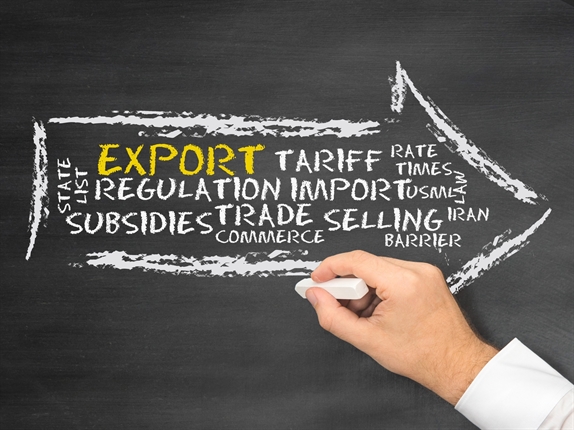
Protectionism is alive and well in the world of international trade.
Despite the WTO framework to counter the effect of subsidies, there has been a growing tendency by national governments to use more subtle forms of protectionism that fall outside its scope.
Much of this “hidden protectionism” policy is export promotion or industrial reform .Well known subsidies include Common Agricultural Policy in the EU and cotton and farm subsidies in the US and Russia. In 2012, the US government imposed tariffs of up to 4.7 per cent on Chinese manufacturers of solar panel cells, claiming that they had benefited from unfair export subsidies.
Other hidden measures include:
- domestic subsidies – government help (state aid) in the form of loan guarantees etc.
- investment measures
- migration rules
- export subsidies
- public procurement restrictions;
- technical barriers to trade – including product labelling rules and stringent standards such as the US FDA rules where an imported product can be refused entry if it simply “appears to violate” local product standards.
Whilst previously the BRICS countries were seen as the worst offenders when it came to implementing protectionist policies, in the last year Australia, France, Germany, Italy, Saudi Arabia, the UK and the USA have all shown a marked increase in their use.
In the first eight months of 2016 alone, G20 governments implemented nearly 350 measures that harmed foreign interests. The jumps in G20 protectionism in 2015 and 2016 coincide ominously with the halt in the growth of global trade volumes.
There seems to be a growing protectionist mood globally where that agenda plays well to domestic electorates. Despite the UK government having itself implemented a number of protectionist measures, Britain has a long tradition of championing free trade (and, as we begin our exit from the EU, we are now ready to re-establish our pre-eminence in this sphere).
So what does all this mean for British exporters?
- Uneven playing fields – competing against businesses which benefit from governmental investment/policies
- Political uncertainty
However it is easy to overstate the impact of protectionism on world trade as measures tend to be very industry specific.
The World Trade Organisation with its 164 member countries has its work cut out managing each country’s commitments. Although its remit is to halt protectionism in the long term; in the short term, businesses – and by extension, countries – continue to find ways to get around the rules.
So what can we do? Simply go back to basics. The education of our young people and businesses to replace a lost generation of skilled exporters. This is why the Institute of Export & International Trade started in 1935.
As a nation we have forgotten our great exporting history. We managed and influenced great organisations, like the G20 and WTO. In those days we understood the rules of trade, using that knowledge to develop strong, sustainable export activity and profitability for our businesses and country.
As Einstein told us, ‘First learn the rules of the game; then go out and play it better than everyone else.’



